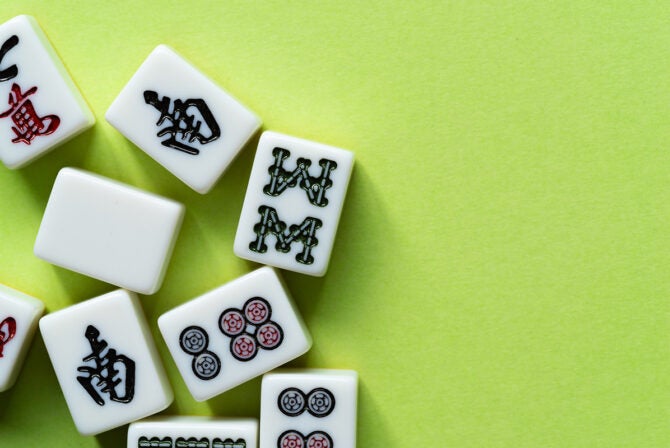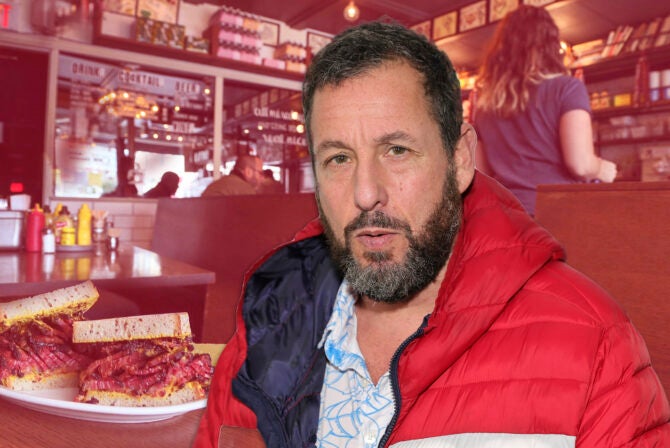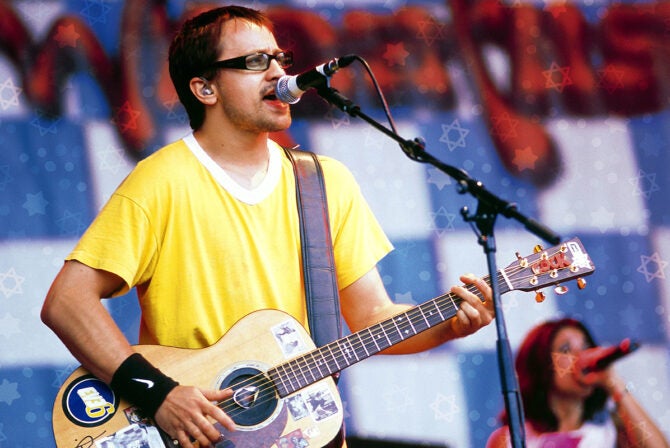“Did they wear handcuffs?” my 6-year-old asked. “Did they do terrible things?” she continued.
“Don’t ask them,” said my 9-year-old.
I had just told my children that we were hiring people who had been in prison to do some much needed lawn work in our front yard. We live in a beautiful neighborhood where people spend a lot of time and resources on their lawns, but our lawn just never made it to the top of my priority list. Working full time, raising three kids, doing volunteer work, observing Shabbat and holidays, entertaining friends—those ranked high. My lawn did not.
READ: An Apology to My Toddler on Yom Kippur
But repair to our retaining wall killed some of the big bushes that lined the front yard, and our yard was suddenly the least attractive in the neighborhood. We needed to do something. Not wanting to spend a lot, my neighbor and I dug out the dead bushes, but the live ones still remained, looking odd and not proportional to the rest of the yard. We needed help.
I thought about it for a few months, and at the suggestion of another neighbor, decided to try to do a mitzvah at the same time that we were addressing our ugly front lawn. We contacted a local non-profit organization in Washington D.C. that provides work projects for former prisoners, and the crew was set to come in a few days.
I told my kids that the people—all men—who were going to be working on our lawn were former prisoners. They had a lot of questions about their crimes, and hopefully I addressed them so they were no longer concerned. We discussed that I didn’t know what they did that caused them to go to jail, but that no matter what it was, we can hope they won’t do it again.
But then we talked about how these men had done something wrong, served their punishment, and were sorry. They repented for what they did and now were working to support their families, to get back into their new life. We actually had to reschedule because one of the men was taking a parenting class. My kids seemed to get it.
READ: I Finally Figured Out How This Whole Repentance Thing Works
We talked about how important saying sorry and moving on in a positive and different way is, and how during the High Holidays we pretty much do the same thing. In stark contrast to prison—incredibly stark contrast—we have the luxury of being in synagogue with family and friends, hearing the powerful song of the shofar, and eating apples and honey, as we spend two days reflecting on what we’ve done in the past year. We talked about how we spend the 10 days after Rosh Hashanah furthering these pensive thoughts—being sorry and facing the future with a new perspective and new hope—until our fate is sealed on Yom Kippur.
My children have attended Jewish schools for their entire lives. They have learned about the High Holidays in school. They have lived it in our home and our community through eating meals with family and friends, attending synagogue, and hearing the shofar. But our front lawn—and the men who worked on it—allowed them to think about repentance differently and more concretely.
It is really hard to do right. But with repentance, prayer, and charity, we immerse ourselves in this challenge and look forward to a new year—a year of good health and happiness.
READ: Nine Apologies to My Autistic Son
For our family this year, our own process of repentance began with our front yard. May we allow ourselves to change for the better, and may we provide others with the opportunities to change as well.
Our front lawn is no longer ugly. It now looks like a blank slate.







